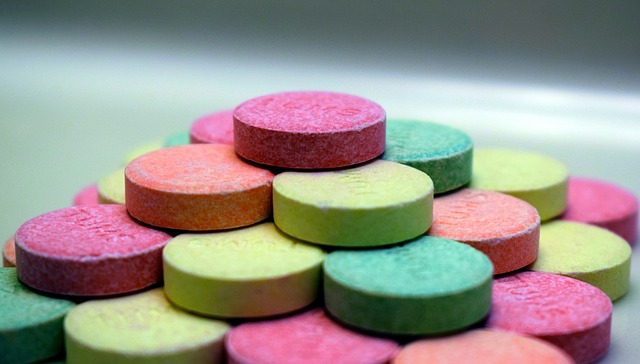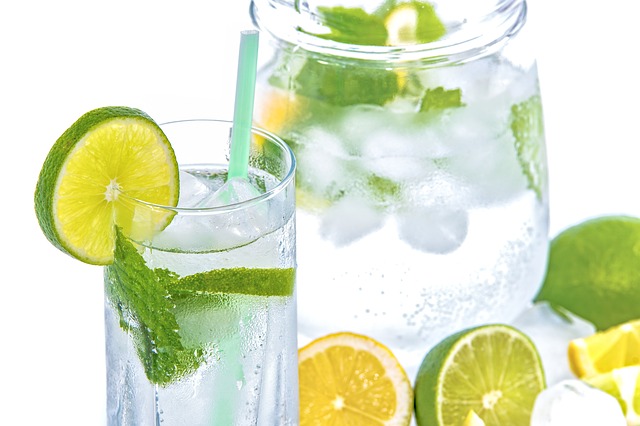A friend of mine, recently asked if I could write a Kinesiology Health Tip on indigestion. She was suffering from a burning feeling in her stomach which, she said, felt like too much acid. I wasn’t far into writing the tip before I realised I wanted to share so much more with you.
At best over the counter antacids only put a sticky plaster on the gaping hole of imbalance
Over the years, many clients have come to me suffering from indigestion. Over the counter antacids only put a sticky plaster on the gaping hole of imbalance. However, with a little understanding of the body; kinesiology, simple lifestyle changes and sometimes supplements, it is entirely possible to regain balance, and for your (or your client’s) health to be fully restored.

Symptoms for over acid are exactly the same as under acid
You may be quite surprised to hear that the symptoms for over acid are exactly the same as the ones for under acid. Most people who are taking antacids to cope with their heartburn and/or acid reflux are actually under acid.
When there are not enough digestive juices to digest your meal, the body attempts to do a better job. It achieves this by pushing all the juices to the top of the stomach to digest, hence the discomfort.
The first simple thing we need to know, is that we need to drink at least 1.5 litres of pure still water. We need to drink this on an empty stomach, up to 15 mins before eating and at least an hour after a meal.
Why do we need to drink water without food?

Water contributes to making the correct amount of stomach acid and enzymes needed for efficient digestion. And we need to drink our water separately from eating. Our stomachs are a furnace used to break down and churn food well before entering the small intestines. If we dilute these juices when they are trying to do their job, we hinder digestion. We also absorb more fat from our food, which results in all kinds of unpleasant symptoms.
The 4 main foods that can cause indigestion
- Wheat
- Milk
- Refined sugars
- Salt (not pink salt)
Staying off these foods and drinking water as described, can relieve a lot of symptoms and take the stress off the stomach, allowing it to heal and make more hydrochloric acid and enzymes which supports digestion.
As well as avoiding the 4 main foods above, digestive aids can be very helpful to add into the diet.
Food enzymes are good for general indigestion, bloating and reflux. Proactazyme is fabulous for the relief of belching, bloating and wind.
If your bowels swing from constipation to loose stools, and you suffer from indigestion and bloating ‘bowel build’ is a good choice.
What about ulcers?
If you have an ulcer the above will help, although capsicum, garlic and parsley is something that you may like to consider too.
Stress can really affect the stomach
Stress, particularly feeling invalidated and misunderstood, can really affect the stomach. Bach flower remedies are great for emotional support. Especially honeysuckle for past concerns, clematis if you are unable to keep focused, and sweet chestnut for feelings of dread regarding the future. Plus, for those of you who have taken TASK’s Kinesiology Foundation Course you have the invaluable tool of Emotional Stress Release which will help hugely.
Find a Kinesiologist
As well as the above, kinesiology can really help with indigestion as the biofeedback system really does take the guess work out of health. This is our Kinesiology Practice.